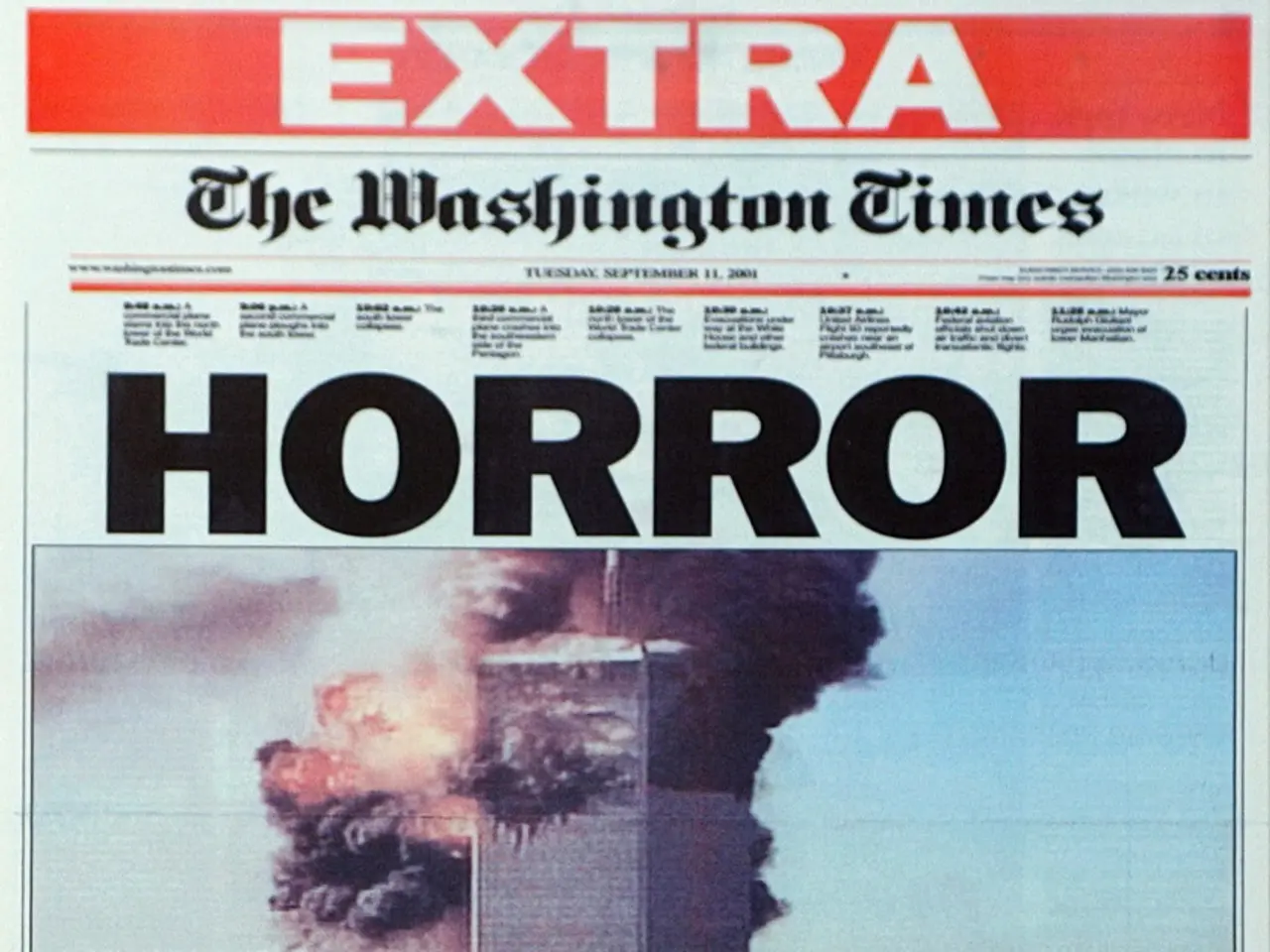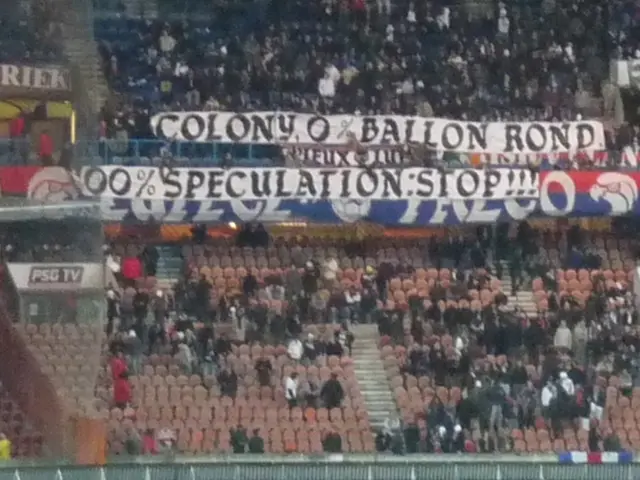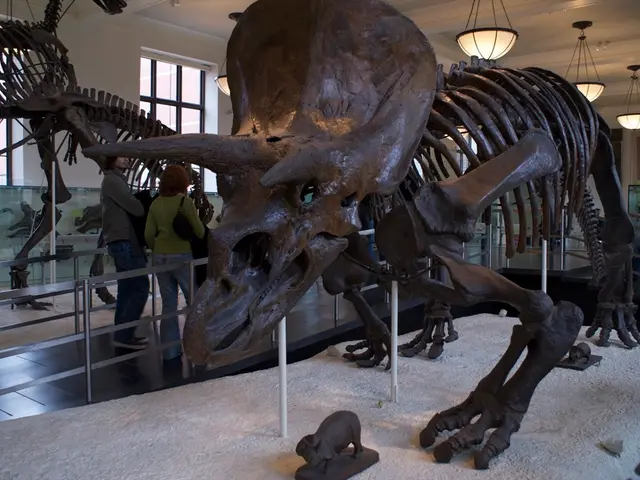Unrest intensifies as protests over Nepal's social media restriction lead to arson of several buildings
Unrest in Nepal: Protests, Fires, and Fatalities
Protests in Nepal, dubbed the "Protest of Gen Z," have been escalating since the government blocked several social media sites, including Facebook, X, and YouTube. The demonstrations, fueled by rage over the deaths, accusations of political corruption, and frustration over youth unemployment, have resulted in the deaths of 19 people, as reported in the previous day.
The unrest began after the government introduced a bill aimed at regulating social media, which has been widely criticized as a tool for censorship and punishing government opponents. The registration requirement applies to about two dozen social networks widely used in Nepal. Notably, TikTok, Viber, and three other platforms have registered and operated without interruption.
Prime Minister Khadga Prasad Oli resigned amid widening criticism of the country's political elite. Before resigning, Oli promised to form an investigating committee to report on the shooting within 15 days, and to provide compensation to the families of the victims and free treatment for the wounded. The new prime minister appointed after Oli's resignation is Sushila Karki.
The protests have led to the setting of government buildings and politicians' homes on fire, including the homes of the prime minister, president, home minister, and other prominent figures. The leader of the opposition Communist Party of Nepal (Maoist) also had his home set ablaze. The army of Nepal has warned that the country's security forces are committed to preserving law and order, but it is unclear if they will be mobilized to help after police failed to control the situation. Army helicopters were used to ferry some ministers to safe places due to the unrest.
Rights groups have called the registration requirement an attempt by the government to curb freedom of expression and fundamental rights. Youth unemployment in Nepal is estimated to be over 20%, according to the World Bank. More than 2,000 young people leave Nepal every day to seek work in the Middle East or southeast Asia. Protesters called for the ouster of Prime Minister Oli due to his increasing unpopularity.
The government pursues the bill despite the ongoing protests and the warnings from the army. The situation in Nepal remains tense, and it is unclear when the unrest will subside. The international community is closely monitoring the situation and calling for peace and dialogue to resolve the crisis.








